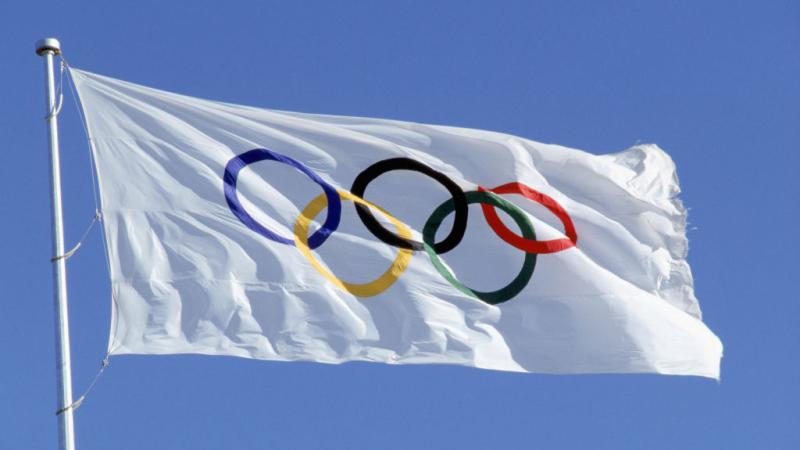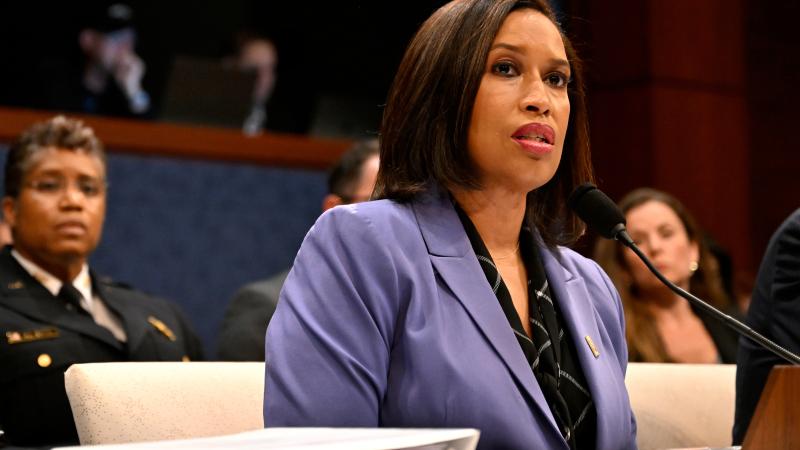As SBA works overtime to handle PPP, the agency's disaster loan program has trouble scaling up
The relatively small government agency has been attempting to quickly scale up to meet the massive influx in demand for emergency loans
Congress is struggling to get answers from the Small Business Administration, the roughly 4,000-person government agency that has been leading the effort to bail out American small businesses during the financial crisis created by the coronavirus pandemic.
The relatively small agency has taken the lead on running the $670 billion Paycheck Protection Program, and maintains the position that it is punching above its weight during the historic economic crisis. But one area in particular that the agency is having trouble managing is its Economic Injury Disaster Loan program (EIDL).
The SBA reports approving 252,340 disaster loans, worth nearly $25 billion since the start of the economic crisis. However, there were still a reported 5.4 million backlogged disaster loan applications at the end of April. The agency has received roughly 5,000% more loan requests than it would field in a typical year.
Treasury Secretary Steve Mnuchin reports that the SBA is “rebuilding the entire system” to accommodate the dramatic influx of disaster loans. He admits that the agency “had significant systems issues getting the EIDL program up and running.”
Though the disaster loan program was initially open to all small businesses in the U.S., the SBA website now states the program is open only to agricultural businesses and that the loan amount has been capped at $150,00, whereas it used to be $2 million.
Though SBA administrators and Mnuchin have reportedly been involved in conference calls with congressional small business panels, the agency is currently overwhelmed in a way no one ever anticipated.
“At some point we need to have a hearing, and we’ve been trying to get to the right people. We’re going to be patient, but not forever,” said Florida GOP Sen. Marco Rubio, chairman of the Senate Small Business Committee.
The last time the SBA encountered similar issues, though on a much smaller scale, was after the Hurricane Sandy in 2012.
According to a report from the Government Accountability Office, the agency struggled to stay on course with internal timelines and experienced system malfunctions and technological difficulties as a higher-than-average volume of disaster loan applications were received.















